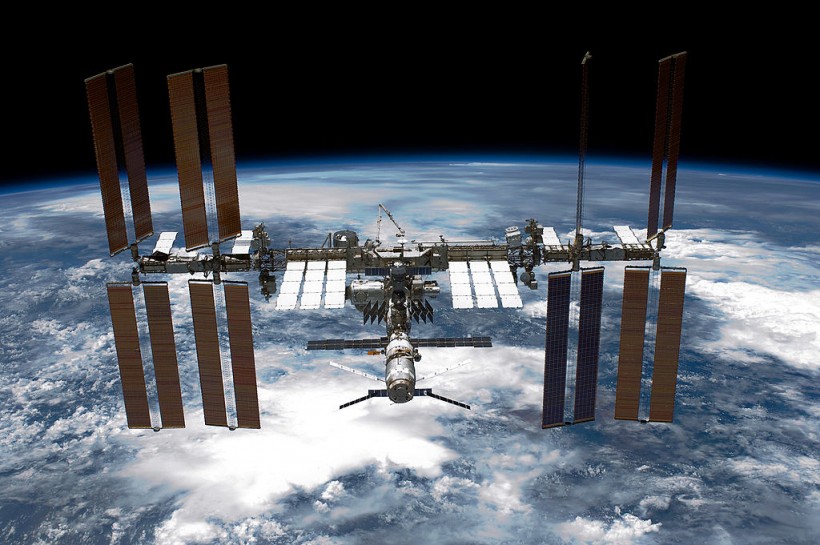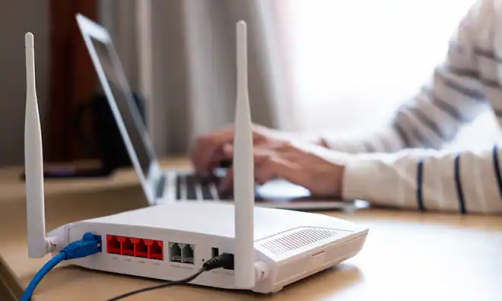Russia said that it will withdraw from the International Space Station (ISS) after 2024 and will instead focus on putting up its own orbiting outpost.
As per CNN, newly appointed head of Russia's space agency Roscosmos, Yuri Borisov, said that the country will end its decades-long partnership with NASA at the ISS. This is in the middle of Moscow and the West tension due to the war in Ukraine.
During a meeting with Russia President Vladimir Putin, Borisov said that before it leaves ISS, it will fulfill its obligations to its partners, according to NPR.

ISS was supposed to shut down in 2024. This is because the aging facility is at constant risk of impact against space debris and micrometeorites. On top of this, the ISS cannot stay in orbit indefinitely and requires expensive fuel and propellants to maintain.
Russia Expressed Reluctance to Commit to ISS Beyond 2024
"The decision to leave the station after 2024 has been made. I think that by that time we will start forming a Russian orbiting station," said Borisov.
The statement of Borisov confirmed prior declarations of Russian space officials regarding the intention of Moscow to pull out from space station after 2024.
Based on current arrangements, NASA, together with other international partners, plans to keep ISS working until 2030. However, the Russians expressed reluctance to commit beyond 2024.
After 2030, NASA said that the ISS would be deorbited and eventually crashed into a remote part of the Pacific Ocean.
Afterwards, the space station would be replaced by commercially operated space platforms, which would be used as a venue for collaboration and scientific research, as per CNN.
Despite Russia's announcement, according to Robyn Gatens, director of the International Space Station for NASA, the agency is not yet receiving any official word from Russia about the country's decision to withdraw from the ISS.
As per CNN news, State Department spokesperson Ned Price said that Russia withdrawing from space station is "an unfortunate development given the critical scientific work performed at the ISS."
Read Also: SpaceX Successfully Launches 25th Cargo Mission to ISS - What is It Carrying?
Earlier, Russia Also Threatened to Withdraw From ISS
The threat to withdraw from the ISS does not happen for the first time as Borisov's predecessor, Dmitry Rogozin, made the same threat before he was ousted earlier this month.
Meanwhile, according to Scott Kelly, an American former ISS commander, the announcement of Russia may be "mere posturing."
Kelly said he believes Russia will stay because without ISS they have no human spaceflight program, as per Space.com.
However, it seems that Russia is serious about this most recent threat as Borisov's statement seems to earn the apparent approval of Putin himself.
As per CNN, the transcript of a meeting posted to the Kremlin's website, stated that Putin said "good" after Borisov told him of the plan for Roscosmos to start building its own space station after 2024.
On the other hand, former NASA associate administrator Doug Loverro said that he believes the threat to pull out from the space station is real.
The report about Russia's decision to withdraw from the ISS comes less than two weeks after NASA and Roscosmos made the announcement about the crew-exchange deal. It took four years of negotiation before this deal materialized.
Under the deal, starting in September, two Russian cosmonauts will take their flight on US spacecrafts from Florida. Meanwhile, two American astronauts will be launched from Russian rockets.
In December, the Biden administration expressed its commitment to extend the ISS from 2024 to 2030. However, Russia never signed onto it.
Related Article: NASA's Future Space Stations Might Not be Ready in Time for ISS Retirement













